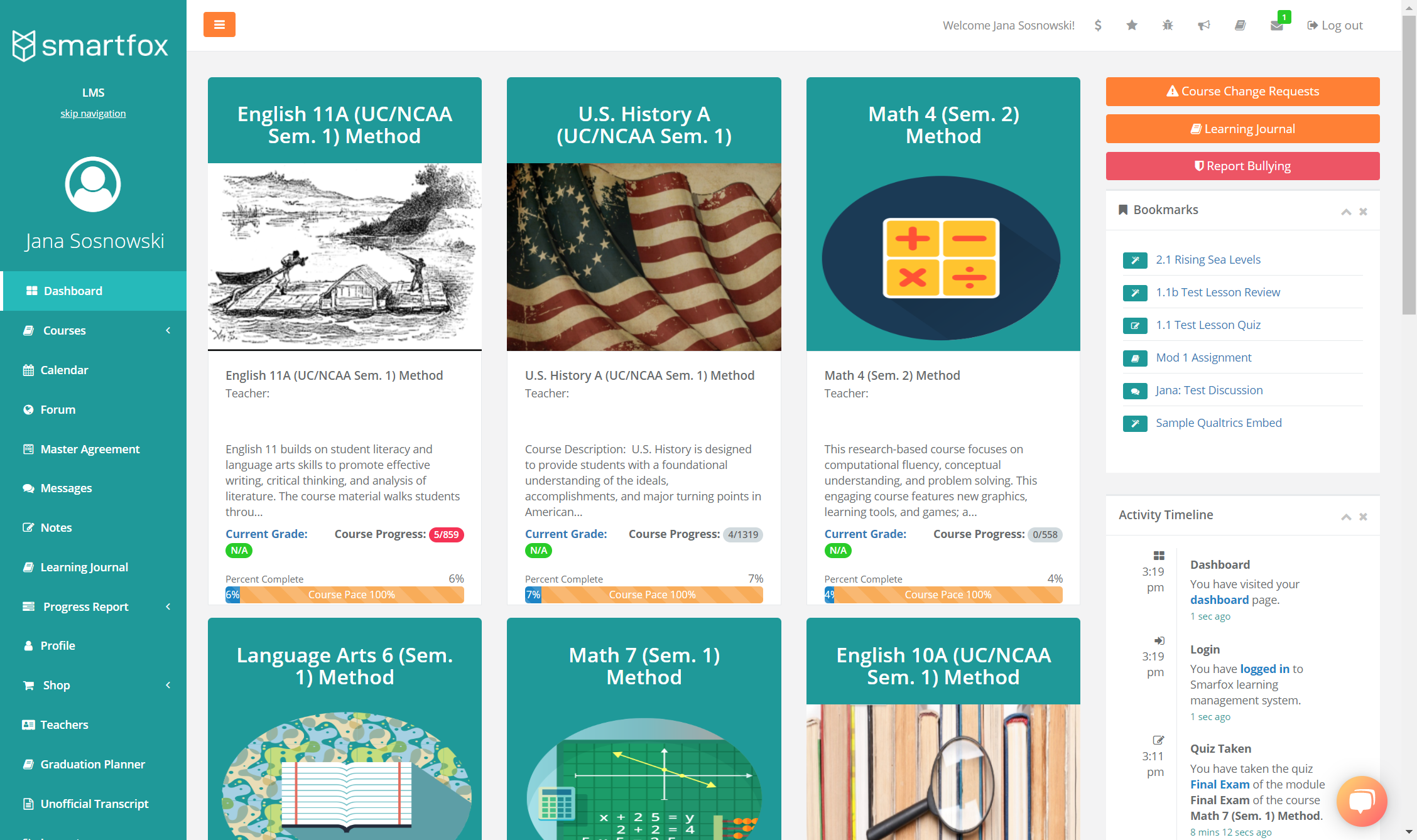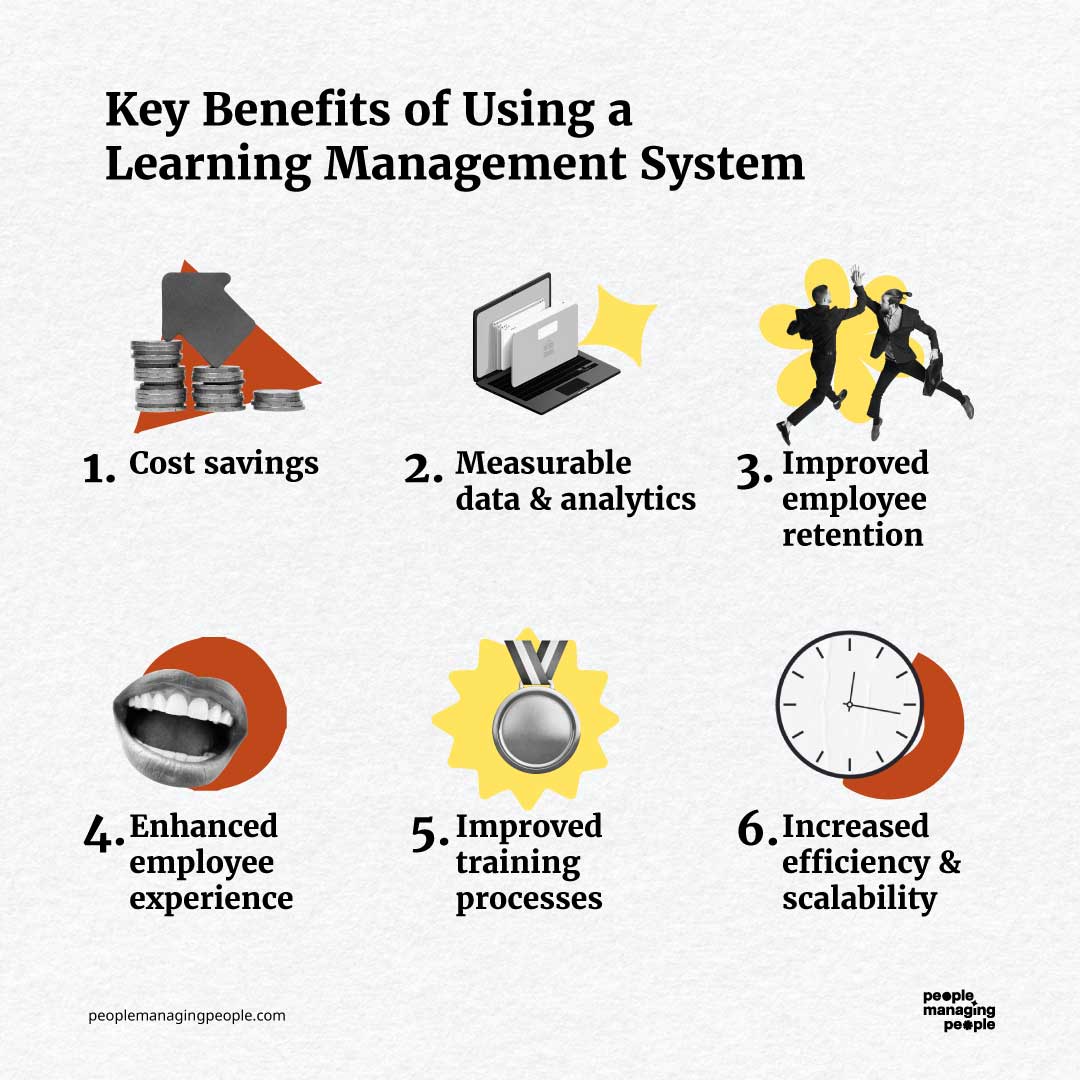Canvas Singapore for Schools: A Cutting-Edge Learning Management System for Education
Canvas Singapore for Schools: A Cutting-Edge Learning Management System for Education
Blog Article
Maximize Knowing Performance With a Powerful Learning Administration System
In today's busy instructional landscape, the importance of a robust Knowing Monitoring System (LMS) can not be overemphasized. By systematizing sources and utilizing sophisticated analytics, a reliable LMS can customize learning experiences to satisfy varied demands, assisting in self-paced interaction and fostering cooperation. Additionally, the integration of assessment tools ensures that students can track their progression, improving both retention and end results. The real potential of an LMS prolongs beyond these attributes; it likewise opens up the door to cutting-edge discovering techniques that could redefine how we approach education in the future. What exists ahead in this development?
Understanding Knowing Management Equipment
Knowing Monitoring Systems (LMS) are significantly utilized in corporate and instructional environments to improve the distribution of material and track learner progression. These platforms work as centralized repositories for academic resources, allowing instructors and trainers to produce, handle, and disperse numerous types of discovering products, including videos, readings, and quizzes. By leveraging innovation, LMSs assist in an extra efficient learning experience, suiting varied knowing styles and schedules.
The surge of LMSs can be attributed to the growing demand for scalable and versatile discovering services. Organizations and universities encounter constant needs to improve training effectiveness while taking care of time and source constraints. LMSs resolve these obstacles by allowing asynchronous learning, where students can access content at their ease, thus advertising self-paced education.
Furthermore, LMSs provide important analytics and reporting capabilities, allowing educators and managers to keep an eye on learner engagement and performance. This data-driven technique sustains continual enhancement in training methods and content distribution. In general, comprehending the role of LMSs in modern-day education and training is vital for stakeholders intending to improve finding out results and foster a culture of constant growth.

Secret Features of an Efficient LMS
A reliable Learning Administration System (LMS) need to include an array of key functions to meet the diverse demands of students and educators alike. Easy to use navigating is necessary, allowing users to quickly access programs, sources, and assistance. In addition, adjustable dashboards enable both instructors and learners to tailor their experience, boosting involvement and use.
Another crucial function is robust analysis and reporting capabilities, allowing educators to track student development, efficiency metrics, and completion prices. This data-driven method helps with educated decision-making concerning instructional methods. Moreover, an effective LMS needs to sustain different content formats, including videos, quizzes, and interactive modules, accommodating various understanding styles.
Combination with third-party tools and systems is also important, permitting smooth connection with various other educational modern technologies and resources. Moreover, mobile access guarantees that students can involve with material anytime, anywhere, promoting versatility and ease.
Finally, efficient interaction tools, such as discussion online forums and messaging systems, foster collaboration and communication among teachers and students (Canvas Singapore). By integrating these key attributes, an LMS can considerably improve the knowing experience, inevitably leading to boosted academic results
Advantages of Using an LMS
The application of an Understanding Management System (LMS) offers many benefits that can substantially improve the instructional experience for both students and instructors. Among the main advantages is the ability to supply web content in a orderly and central way, making it possible for simple accessibility for students anytime and he has a good point anywhere. This adaptability fits diverse learning designs and speeds, advertising a much more tailored academic trip.
Additionally, an LMS promotes structured interaction in between instructors and students, boosting interaction via discussion online forums, messaging, and feedback systems. The ability to track development and performance permits instructors to make data-driven decisions, making sure that learning purposes are satisfied successfully.
Additionally, the assimilation of multimedia resources, such as videos and interactive quizzes, enriches the finding out experience, providing to various choices and boosting retention. Singapore LMS. Cost-effectiveness is an additional considerable advantage, as an LMS lowers the requirement for physical materials and lessens traveling expenses connected with standard training
Implementing an LMS Effectively
Successful execution of an Understanding Administration System (LMS) rests on mindful preparation and execution, guaranteeing that both instructors and learners are geared up to maximize its benefits. The preliminary action entails evaluating the specific requirements of the establishment, including understanding the objectives, target audience, and preferred outcomes. This assessment needs to guide the choice of an LMS that lines up with these goals.

Furthermore, integrating the LMS with existing systems, such as student details systems or material repositories, fosters a smooth customer experience. Routine assessment and responses collection from users can help identify locations for improvement and enhance total fulfillment.
Future Trends in Knowing Administration
As instructional landscapes develop, the future of Knowing Monitoring Systems (LMS) is poised to accept pedagogical strategies and ingenious innovations. Among one of the most significant patterns is the combination of synthetic knowledge (AI) and artificial intelligence, which will personalize the understanding experience by evaluating individual student data to suggest customized sources and understanding paths. This customization enhances interaction and retention.
Furthermore, the surge of microlearning-- brief, focused sectors of knowing-- will certainly be helped with by LMS platforms, lining up with the hectic nature of modern life. Mobile-first styles will certainly further enhance ease of access, enabling students to involve with content anytime and anywhere.
Another key pattern is the incorporation of immersive innovations like virtual fact (VR) and boosted reality view (AR), which will certainly supply experiential learning opportunities that were previously unattainable. These innovations can simulate real-world circumstances, promoting much deeper understanding and ability acquisition.
Verdict
In verdict, an effective Discovering Monitoring System (LMS) functions as a vital tool for enhancing academic experiences. By systematizing sources, fitting diverse learning designs, and incorporating assessment tools, an LMS promotes self-paced learning and progress tracking. In addition, its capabilities in cultivating partnership and interaction significantly contribute to student interaction and retention. As innovation remains to evolve, the LMS will play an increasingly essential duty in shaping the future of education and learning and making the most of discovering performance.
By leveraging innovation, LMSs assist in an extra effective learning experience, accommodating diverse understanding styles and schedules.
An efficient Understanding Monitoring System (LMS) have to integrate a range of vital features to meet the varied needs of students and instructors alike.The implementation of a Knowing Administration System (LMS) uses numerous advantages that can substantially boost the instructional experience for both learners and teachers. One of the most significant trends is the combination of synthetic knowledge (AI) and machine find this knowing, which will individualize the learning experience by assessing private learner information to advise tailored sources and discovering pathways. By centralizing resources, accommodating varied learning designs, and integrating evaluation devices, an LMS promotes self-paced discovering and progression tracking.
Report this page